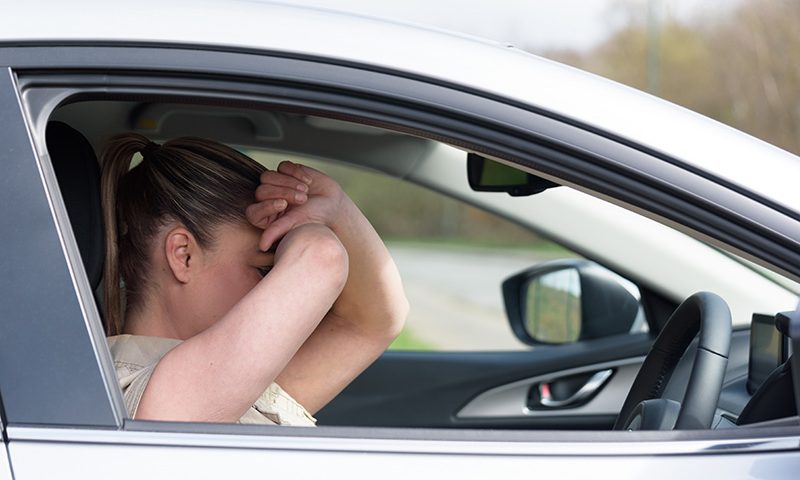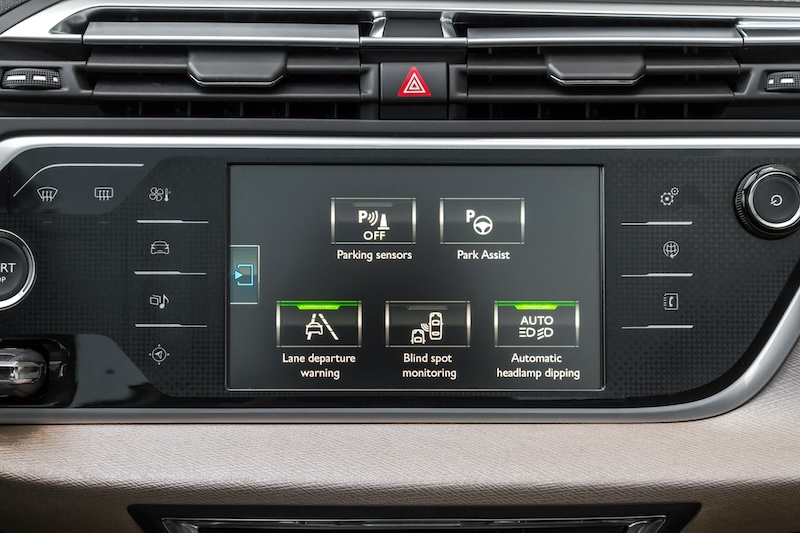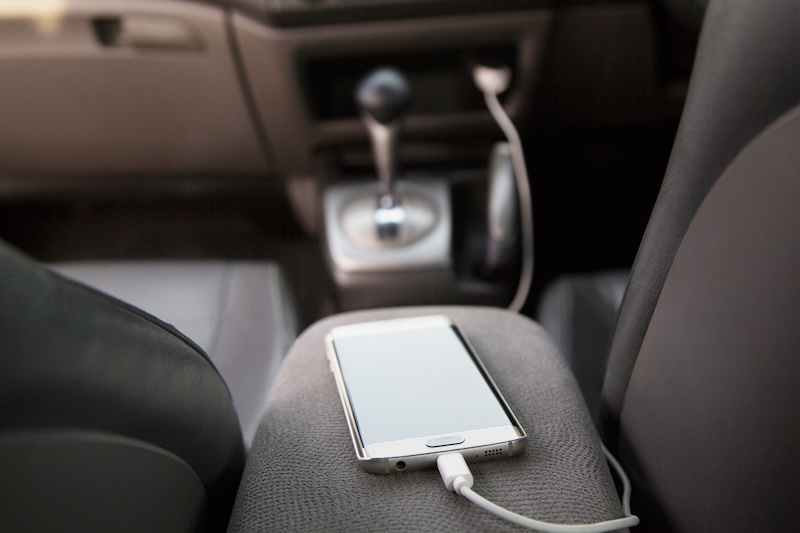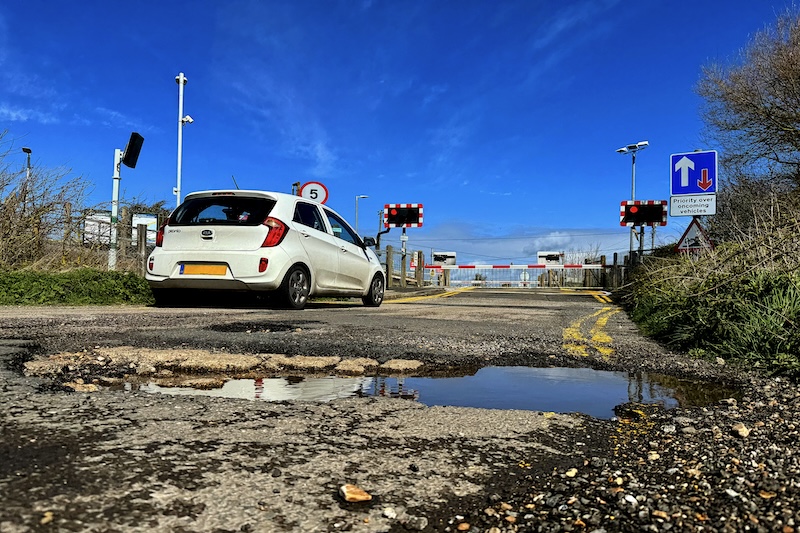Revealed: The impact of feeling anxious whilst driving

Have you ever felt anxious whilst driving? Whether it’s work, an argument with a loved one, or concerns about being late – any number of things can cause us to feel anxious when we’re behind the wheel of our car.
Feeling anxious is a perfectly normal response to difficult or challenging circumstances, but if those feelings are severe they can lead to symptoms that include inability to concentrate, nausea or jittery hands – which could prove dangerous on the roads.
Anxious behaviour at the wheel
Research we recently carried out with UK mental health charity SANE found that as many as two in five (42%) motorists have felt anxious while driving – with 34% claiming that they regret having driven in this state.
And nearly a third (31%) of UK motorists have had a near miss due to feeling anxious whilst driving – demonstrating how dangerous doing so can be.
British roads are getting busier and, according to our research, the behaviour of other road users is the most commonly given cause of feeling anxious whilst driving (53%). Getting lost is also a major concern for Brits (52%), despite the widespread use of Sat Navs and GPS systems, followed by adverse weather conditions (51%). One in five (20%) drivers blame mobile phone activity – which is illegal unless hands-free while driving – as a cause of anxiety.
It’s not just drivers who are affected. Some 37% of respondents claimed to have felt unsafe as a passenger when their driver was anxious.
Many motorists are unsure what to do if they are feeling too anxious when driving. 34% of drivers polled said that in such circumstances they would continue to their destination.
Tackling the problem
To help address this issue and improve driver safety, we’ve partnered with SANE to provide advice for how drivers might tackle feelings of anxiousness both before and during driving:
- Before the journey ask yourself: are you safe to drive? Is it worth taking the journey if you are feeling anxious or distracted? If you must travel, could you use public transport, or call a taxi?
- If you feel anxious while driving, pull over at the earliest and safest opportunity. Take a moment to calm yourself (breathing exercises and meditation can help).
- Be mindful of noise. Don’t be afraid to ask passengers to keep the noise down. If you listen to music, consider opting for songs with a lower tempo, or music you find calming.
- Think about your environment. Some people find that keeping their car clean and tidy helps create less distracting atmosphere. You could consider putting lavender in the car to help you relax.
- If you’re a passenger and feel unsafe due to anxious driving, suggest stopping for a toilet break or for a soft drink. Avoid confrontation as this could make the driver more anxious.
Anxiety affects all of us at some point in our lives, but it can put us and others in danger when driving. Taking time to check how you feel before driving encourages you to think about whether you are safe to drive and gives you opportunity to think about alternatives if you are feeling too anxious or distracted.
If you frequently experience feelings of anxiety, inside or outside of your car, it’s important to speak to someone. Organisations like SANE offer confidential support and advice via their telephone helpline. If you find that feelings of anxiety are affecting your ability to lead your life and have been going on for some time, you should seek help. Your GP is a good place to start.
We’ll be sharing findings from our research on our Twitter, Facebook and Instagram channels all week – you can also check out thoughts from SANE about how and why we experience anxiety both when driving and in our day-to-day lives on their blog.


